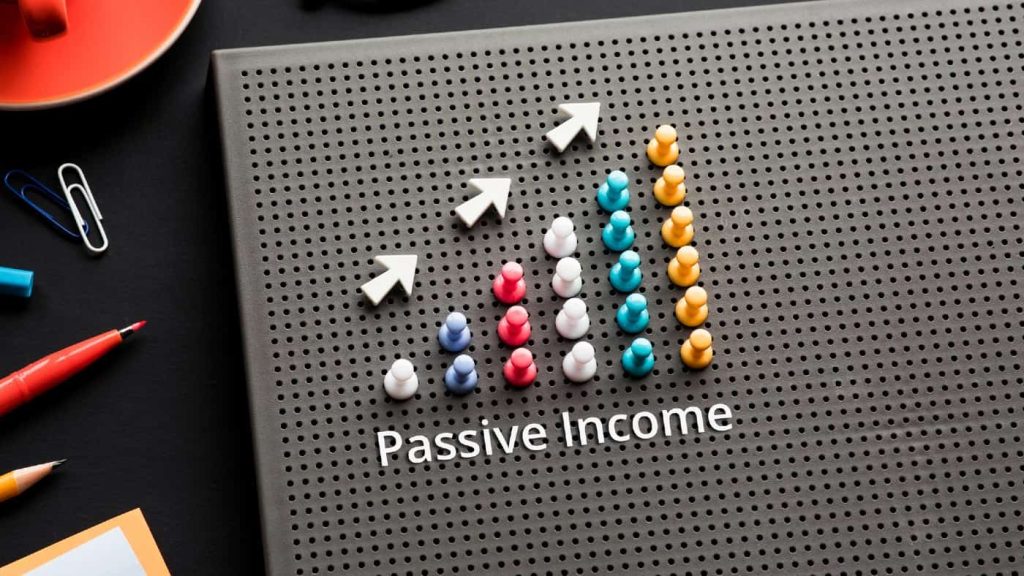This resurgent FTSE 100 passive income star now has a forecast dividend yield of 6.1%!


For several years up until recently, energy giant BP (LSE: BP) was known as a good passive income stock. This is money made with minimal effort, most notably in my experience from share dividends.
More specifically, in the five or so years up to the collapse of oil prices in early 2020, it was routinely yielding over 7%. By the end of 2021, BPâs dividend yield was averaging under 5%. It has remained on the lower side of recent historical averages as the firm pumped resources into energy transition programmes.
However, coinciding with a strategic reset back to oil and gas, analysts forecast a steadily rising dividend yield once again. This is underpinned by strong earnings growth projections.
What are the forecasts?
BP paid a total dividend in 2024 of 31 cents, which was fixed at a sterling equivalent of 24 pence. On the current share price of £4.34 this gives a dividend yield of 5.5%.
This already contrasts very favourably with the present average 3.4% dividend yield of the FTSE 100.
It is also more than the current ârisk-free rateâ (the 10-year UK government bond yield) of 4.6%.
However, analysts forecast that BP will increase the dividend to 24.6p this year, 25.5p next year, and 26.6p in 2027.
This would generate respective yields of 5.6%, 5.8%, and 6.1%.
How much passive income can be made?
Investors considering an £11,000 (average UK savings) in 6.1%-yielding BP would make £671 in first-year dividends. Over 10 years it would rise to £6,710 and over 30 years to £20,130.
However, by reinvesting the dividends back into the stock â âdividend compoundingâ — these amounts would rise dramatically.
Doing this on the same 6.1% average yield would make £9,213 rather than £6,710. And after 30 years on the same basis, this would increase to £57,256 instead of £20,130.
Including the initial £11,000 investment, the BP holding would be worth £68,256 by then.
And this would pay £4,164 a year in passive income from dividends by then.
What about share price gains?
I always like to buy passive income stocks that are undervalued. This reduces the chance of my making a loss if I ever want to sell them. Conversely, it increases the chance of my making a profit in such an event.
The key driver over time of any firmâs share price â and its dividends â is earnings growth.
A risk to BPâs is any sustained bearish trend in oil and gas prices.
That said, consensus analystsâ forecasts are that its earnings will jump a massive 29.9% every year to end-2027.
These numbers are reflected in a discounted cash flow analysis of BPâs share price. This valuation model pinpoints where any stock should be priced, based on cash flow forecasts for the underlying business.
In BPâs case, it shows the shares are 51% undervalued at their current £4.34 price.
Therefore, their fair value is £8.86.
My investment view
I bought the stock several years ago, based on its then-high yield, strong earnings growth prospects, and deep discount to fair value.
It has been a bumpy ride in recent years, but all these factors again hold good, in my view.
Consequently, I will buy more of the stock very soon.
The post This resurgent FTSE 100 passive income star now has a forecast dividend yield of 6.1%! appeared first on The Motley Fool UK.
Should you invest £1,000 in BP p.l.c. right now?
When investing expert Mark Rogers has a stock tip, it can pay to listen. After all, the flagship Motley Fool Share Advisor newsletter he has run for nearly a decade has provided thousands of paying members with top stock recommendations from the UK and US markets.
And right now, Mark thinks there are 6 standout stocks that investors should consider buying. Want to see if BP p.l.c. made the list?
More reading
- Here’s how many BP shares it takes to earn a £1,000 a year second income
- £11,245 in spare cash? Here’s a blueprint to creating a £7,849 yearly second income with it
- See how much you need in a SIPP to target a £2,500 monthly retirement income
- Are BP shares heading back to 680p?
- Should I follow the crowd and buy these 2 UK shares?
Simon Watkins has positions in Bp P.l.c. The Motley Fool UK has no position in any of the shares mentioned. Views expressed on the companies mentioned in this article are those of the writer and therefore may differ from the official recommendations we make in our subscription services such as Share Advisor, Hidden Winners and Pro. Here at The Motley Fool we believe that considering a diverse range of insights makes us better investors.





